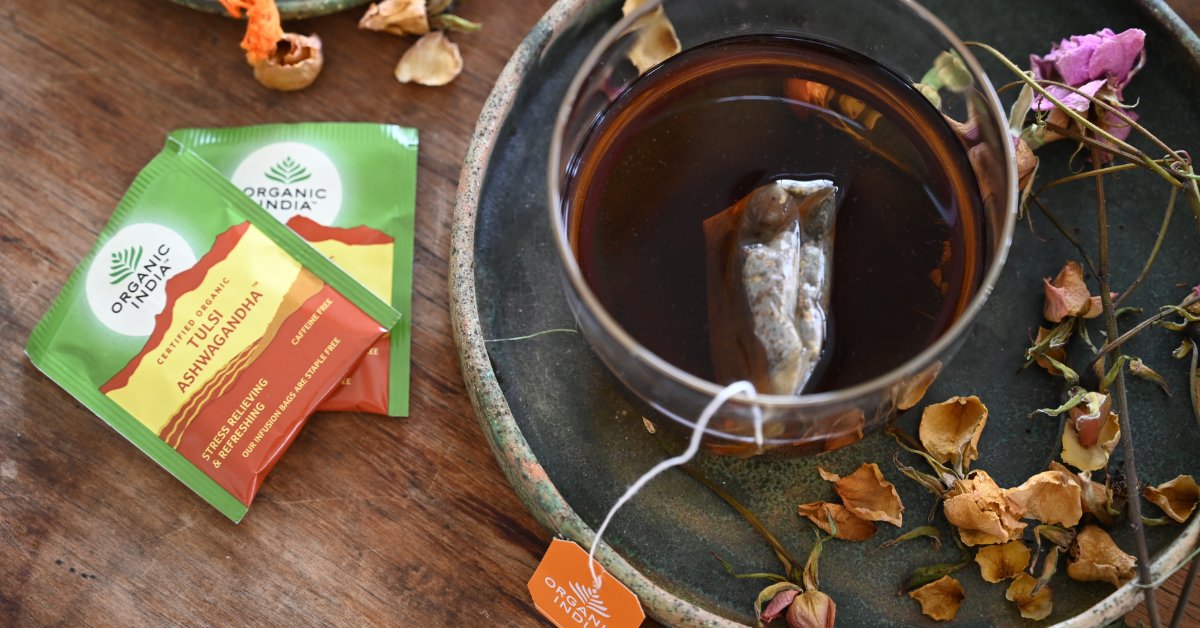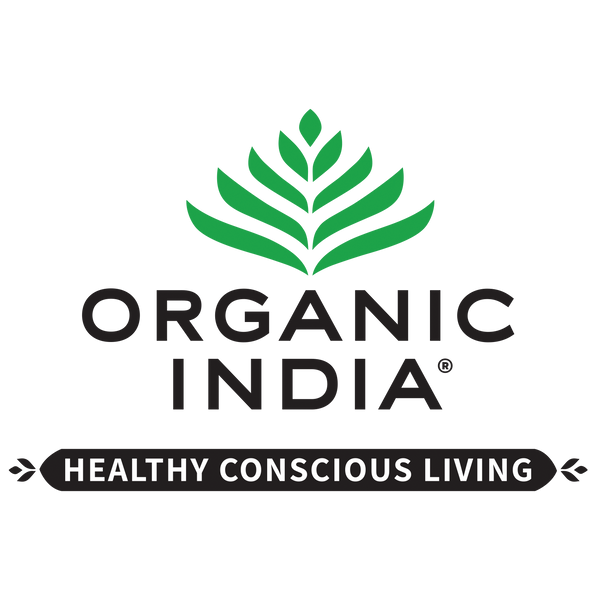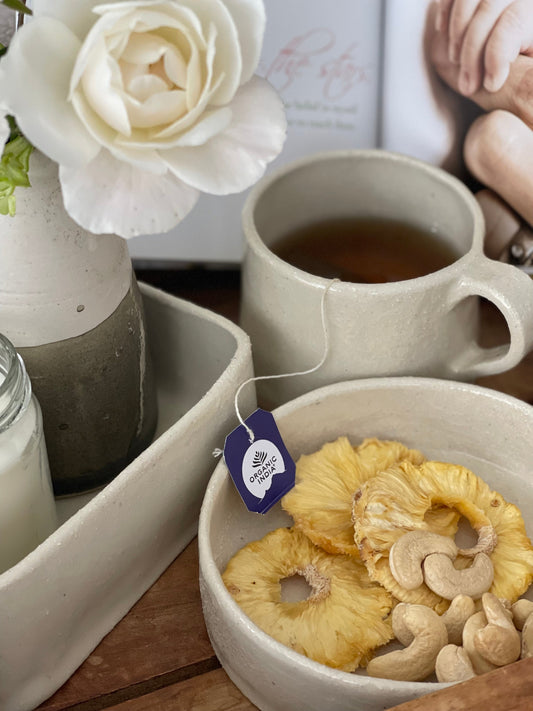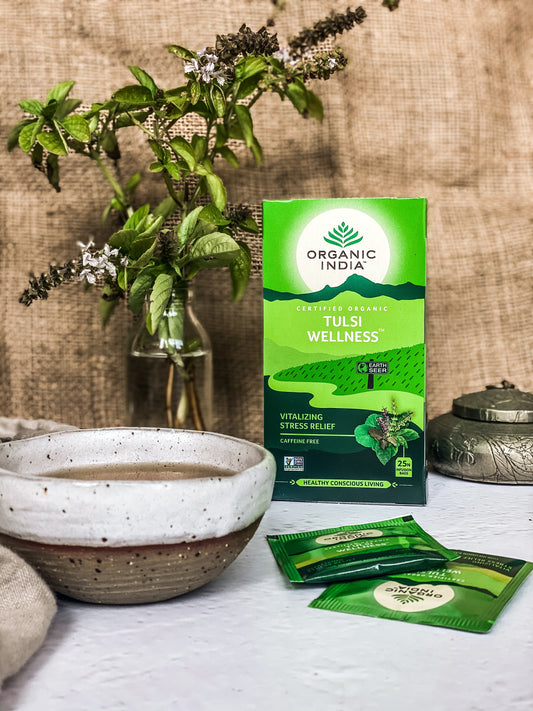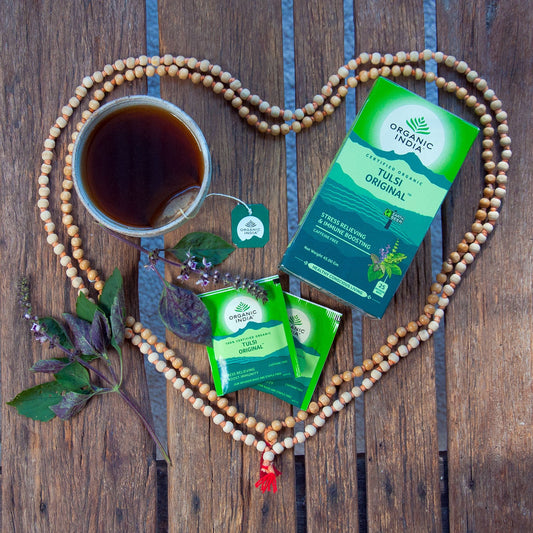Probiotics are the foundation for good digestion, because they restore the natural balance of gut bacteria — but this is just the tip of the iceberg. These live microorganisms are helpful for assimilating the food you eat, balancing your weight, keeping the immune system functioning properly, and supporting health and healing in every system of your body. An imbalance of good bacteria means that too many bad bacteria can begin to cause health issues. There are several reasons for this imbalance, including illness, common medications such as antibiotics, poor diet, stress, and even certain herbs that are known to be antibacterial.
Probiotics have been used for centuries in the form of dairy-based fermented products, but only as of late has western medical science started to take a look at their benefits as an adjunct to the diet. What seems to have surprised modern medical experts over the past couple of decades is that a healthy supply of gut flora has a dramatic impact on a person’s mental and emotional state.
Writing for Harvard Medical School, gastroenterologist Athos Bousvaros, MD, noted that there are 10 times as many bacterial cells as human cells in the body. This means we are mostly made up of bacteria. The vast majority of these bacterial cells are in the intestinal tract and serve many purposes, including food digestion, manufacturing certain vitamins, and regulating the immune system. There’s also been the discovery of the “brain-gut axis,” showing a connection between the microorganisms in the gut and the brain.
The Belly and the Brain
Interestingly, explained Bousvaros, the intestine has its own separate nervous system that generates many of the same neurotransmitters (including acetylcholine and serotonin) that the brain generates. When there are too many or too few neurotransmitters, this may result in constipation or diarrhea. The brain and gut can actually communicate with one another, making it possible for anxiety and depression to trigger abdominal pain or other GI symptoms. And, conversely, it is also possible for gastrointestinal conditions, such as chronic abdominal pain or constipation, to result in anxiety or depression.
One study, in particular, proves how valuable gut bacteria balance is to mental and emotional states. Subjects taking probiotic supplements for eight weeks experienced decreased depression, and decreased levels of C-reactive protein (a marker of inflammation) and hormones, such as insulin, compared to people who did not take a probiotic.
Heat-Tolerant Probiotics
Probiotics have to be treated the right way so that they remain alive and effective. Most probiotics cannot tolerate too much heat, which is why they are usually found in the refrigerated section of the health food store. As an exception, if formulated with Bacillus coagulans, a special heat-tolerant probiotic strain, it retains the integrity of the live probiotic cultures even without refrigeration. Because of this characteristic, the product can be used for baking and cooking with the probiotic remaining viable regardless of heat exposure. This strain has demonstrated 99 percent viability after being stored at room temperature after 24 months, and showed a survival rate of over 90 percent after being brewed in coffee.
Probiotics Are the Missing Link
Probiotics are often overlooked as the missing link in healthy diets because the world is only beginning to wake up to the importance of gut health and its relationship to physical, mental, and emotional balance. While probiotics are found in various milk products — like yogurt, kefir and soft cheeses — not everyone likes their slightly sour or pungent taste, and for some, dairy is not easily digested or assimilated. And, probiotics in foods are easily destroyed by cooking.
As a rule of thumb, it’s crucial to your probiotics’ efficacy that they are not being neutralised or destroyed in the frying pan, skillet, or summer heat.
